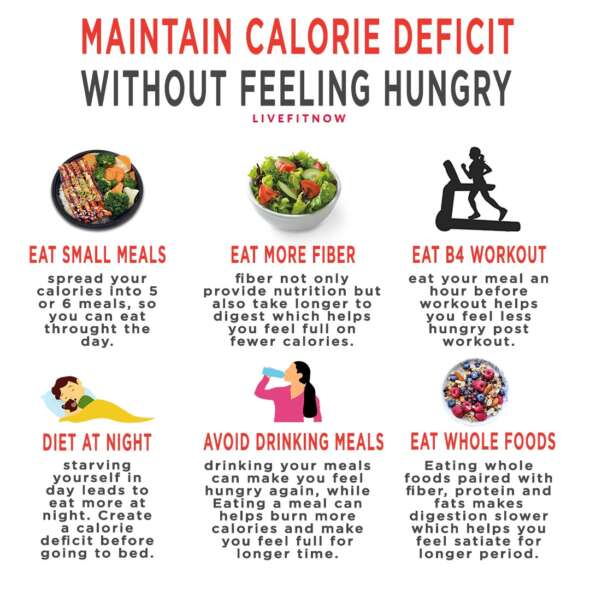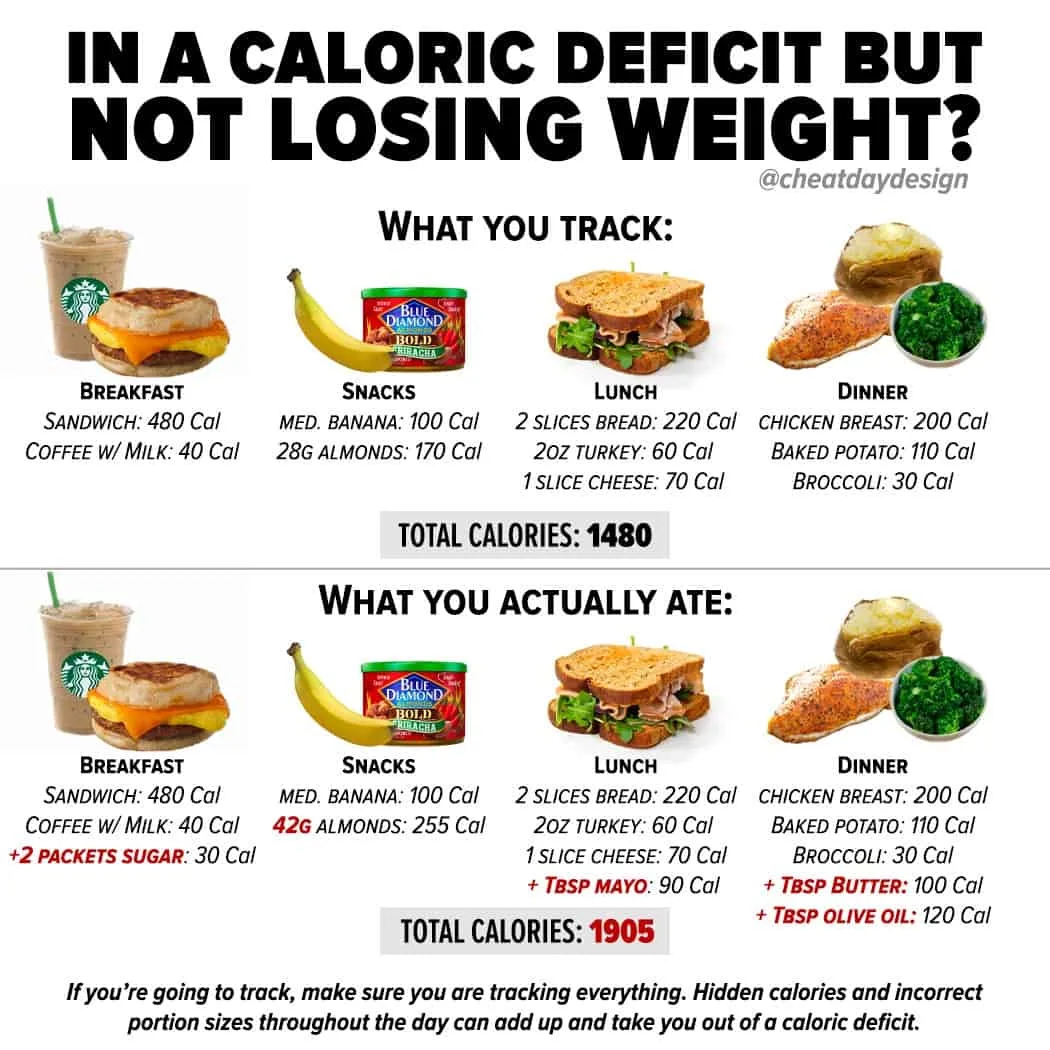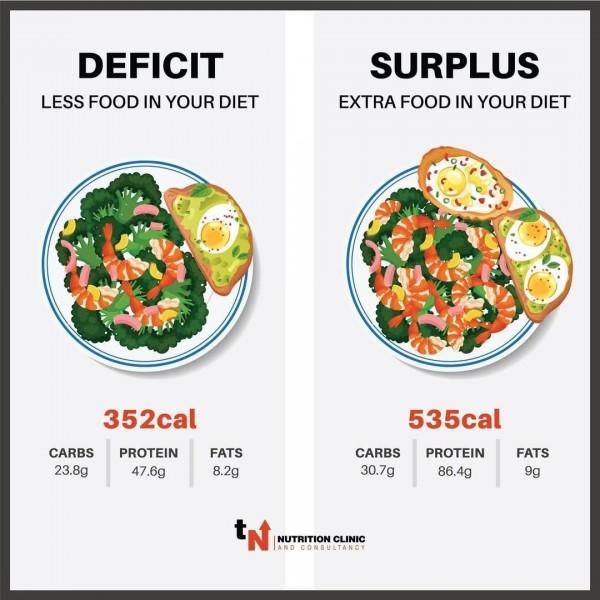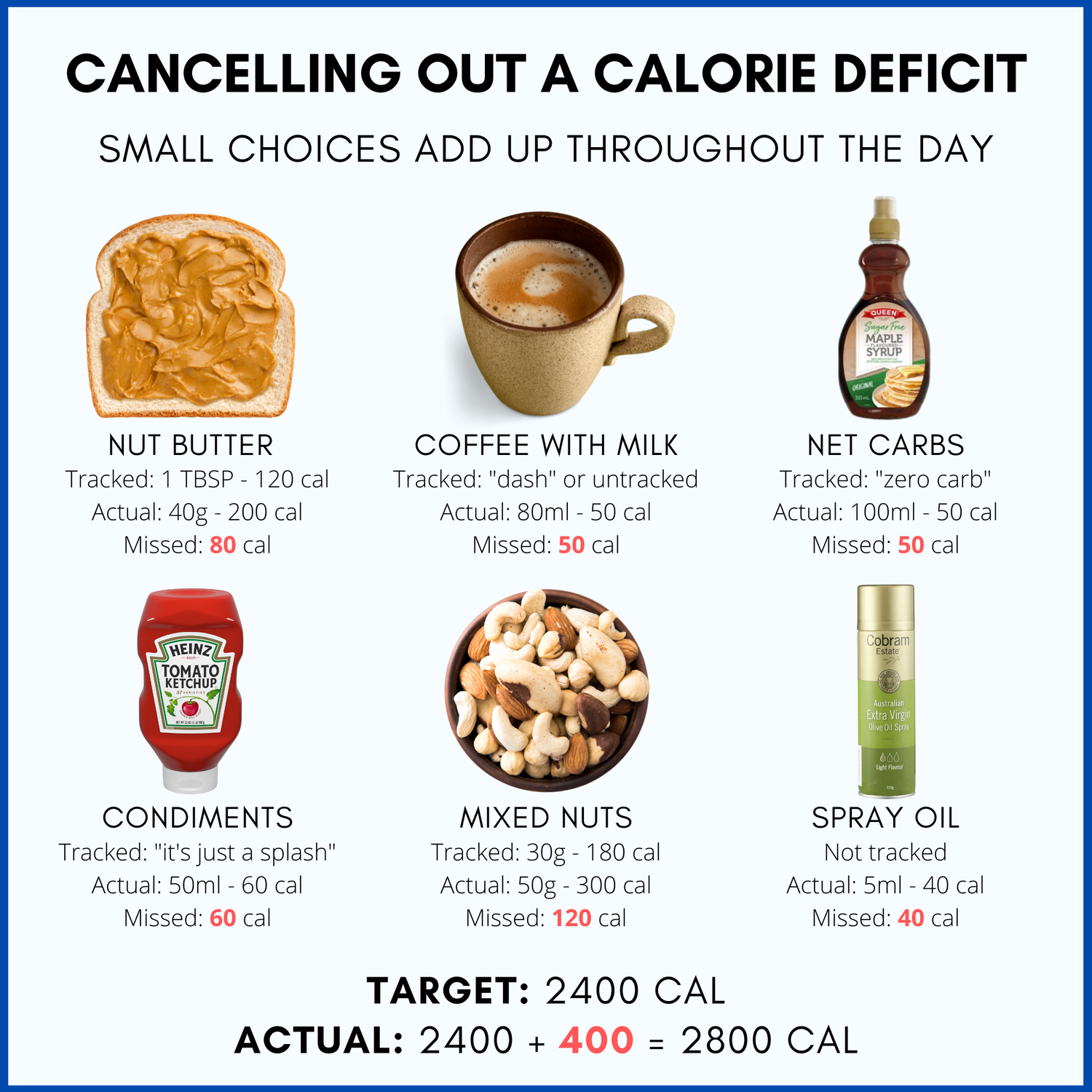Is It Normal To Feel Hungry On A Calorie Deficit
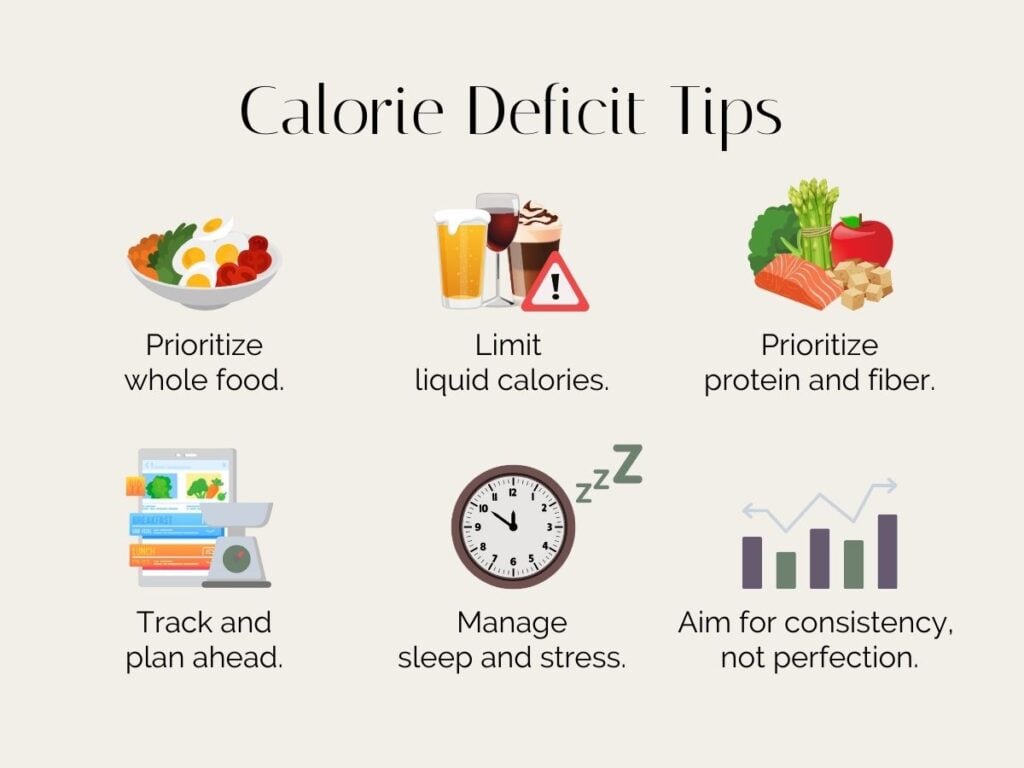
The quest to lose weight often involves calorie restriction, but a common question arises: is it normal to feel hungry while eating fewer calories? The answer, according to experts, is nuanced and depends on various factors, including the size of the deficit, individual metabolism, and dietary choices.
Feeling hungry on a calorie deficit is, generally, a normal physiological response. However, the intensity and frequency of hunger can indicate whether the deficit is sustainable or potentially harmful. It's essential to understand the underlying mechanisms to navigate weight loss effectively and safely.
Understanding Calorie Deficits and Hunger
A calorie deficit is created when you consume fewer calories than your body burns. This forces the body to tap into stored energy reserves, primarily fat, leading to weight loss. The size of the deficit significantly impacts hunger levels.
A moderate deficit, typically around 500 calories per day, is often recommended as a sustainable approach. More aggressive deficits can lead to increased hunger, potentially triggering cravings and making it harder to stick to the diet, according to the Academy of Nutrition and Dietetics.
Hormones play a crucial role in regulating appetite. Ghrelin, known as the "hunger hormone," signals to the brain that the body needs food. When in a calorie deficit, ghrelin levels can increase, leading to feelings of hunger.
The Role of Macronutrients
The composition of your diet can significantly influence satiety and hunger levels. Protein, for example, is known to be more satiating than carbohydrates or fats.
Studies have shown that diets higher in protein can help control appetite and reduce overall calorie intake. Fiber also plays a key role, promoting feelings of fullness and slowing down digestion.
Foods high in refined carbohydrates and sugars can cause rapid spikes and crashes in blood sugar, leading to increased hunger and cravings. Opting for whole, unprocessed foods can help stabilize blood sugar and manage appetite more effectively.
Individual Variation and Metabolic Adaptation
Metabolism, the process by which your body converts food into energy, varies from person to person. Factors like age, sex, activity level, and genetics all contribute to individual metabolic rates.
As you lose weight, your metabolism may slow down, a phenomenon known as metabolic adaptation. This means you may need to further adjust your calorie intake to continue losing weight, or increase your activity level.
Individual responses to calorie deficits also vary. Some people may experience minimal hunger, while others may struggle with intense cravings and persistent hunger pangs. Listening to your body and making adjustments as needed is crucial.
Dr. Emily Carter, a registered dietitian, emphasizes the importance of mindful eating: "Paying attention to your body's hunger and fullness cues can help you make more informed food choices and avoid overeating or unnecessary restriction."
Strategies for Managing Hunger on a Calorie Deficit
Several strategies can help manage hunger and make a calorie deficit more sustainable. One key approach is to focus on nutrient-dense foods that provide more volume and satiety for fewer calories.
Fruits, vegetables, lean proteins, and whole grains are excellent choices. Drinking plenty of water can also help fill you up and reduce feelings of hunger.
"Spacing out your meals and snacks throughout the day can help keep hunger at bay," advises Sarah Jones, a certified personal trainer. "Avoid skipping meals, as this can lead to increased hunger and overeating later on."
Prioritizing sleep is also essential. Lack of sleep can disrupt hormones that regulate appetite, leading to increased hunger and cravings, according to research published in the Journal of Clinical Endocrinology & Metabolism.
If persistent hunger becomes unbearable or leads to unhealthy eating behaviors, it may be necessary to re-evaluate the size of the calorie deficit. A more gradual and sustainable approach may be more effective in the long run.
When to Seek Professional Help
While some hunger is normal on a calorie deficit, extreme or persistent hunger could indicate an underlying issue. If you experience any of the following, consider seeking professional help from a registered dietitian or healthcare provider:
- Constant, overwhelming hunger that interferes with daily life.
- Binge eating or other disordered eating behaviors.
- Significant mood changes or increased irritability.
- Signs of nutritional deficiencies.
A qualified professional can help you create a personalized plan that meets your individual needs and promotes healthy, sustainable weight loss. They can also identify and address any underlying medical or psychological factors that may be contributing to your hunger.
Conclusion
Feeling hungry on a calorie deficit is often a normal physiological response, but it doesn't have to be unbearable. By understanding the factors that influence hunger, making smart dietary choices, and prioritizing overall well-being, you can manage your appetite and achieve your weight loss goals in a healthy and sustainable way. Remember to listen to your body, and seek professional guidance when needed.






